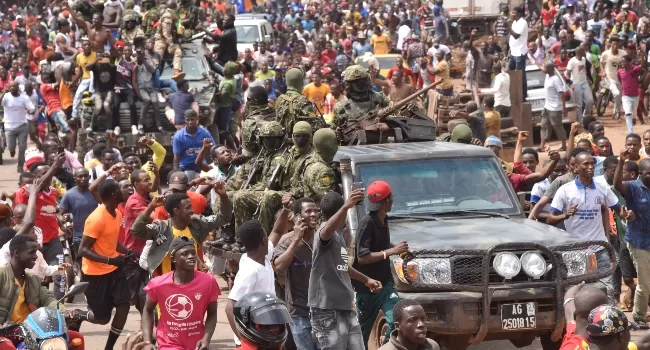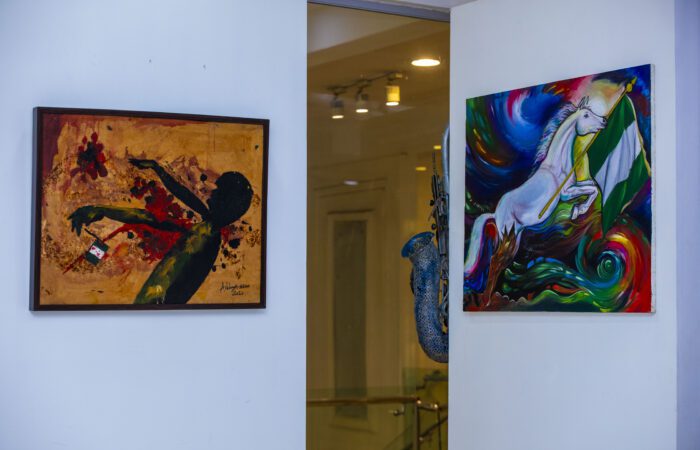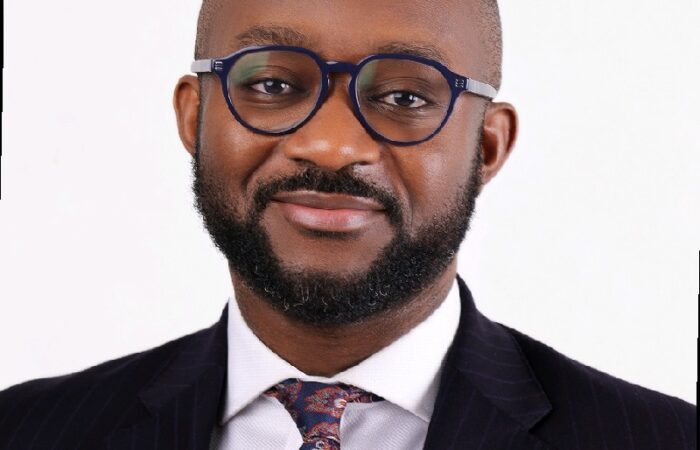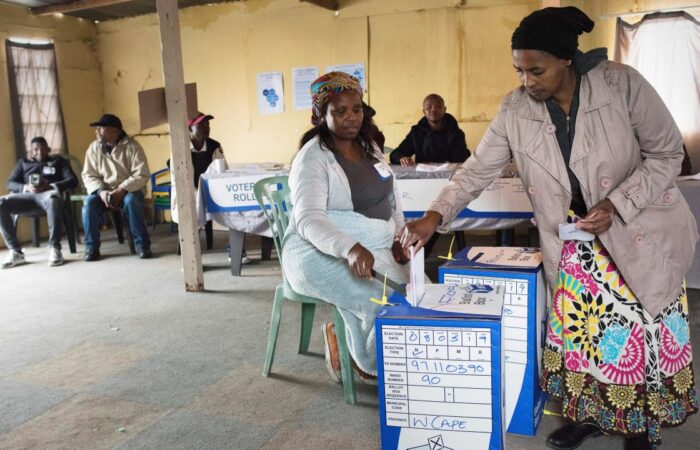By Chinemerem Onuorah
In the last three years, Africa has witnessed a series of successful military takeovers of governments, with six countries affected, while Sudan and Sierra Leone experienced inconclusive and failed coup attempts respectively. Traditionally, coup d’etats have been viewed as unconstitutional and violent, instilling fear and apprehension among citizens of the affected nations. However, a concerning shift has emerged, where these recent coups are met with expressions of jubilation and support from the citizens themselves, as well as from youths across the continent who yearn for similar changes in their own countries. This growing sentiment has, sadly, sparked debates about the efficacy of democracy in Africa.
Personally, I remain steadfast in my belief that democracy remains the most viable form of government for our continent. It promises social justice, freedom of expression, tolerance, and the rule of law, among other values. It is, however, disheartening to witness these principles fall short in practice.
Recent events have underscored the challenges facing democracy in Africa: The arrest of six journalists for exposing the president’s embarrassing moment in South Sudan in January 2023 violated press freedom and human rights. Internet shutdowns in Cameroon, Eswatini, and Gabon have raised concerns about the state of freedom of expression. Reports of electoral violence and voter suppression in Uganda, Sierra Leone, Zimbabwe, and Nigeria tarnished the ideals of free, fair, and credible elections. Additionally, the decades-long reigns of leaders like the Bongos in Gabon, Sassou-Nguesso in Congo, and Kagame in Rwanda defy the concept of periodic transition of government,which is a fundamental tenet of democracy.
These scenarios, just the tip of the iceberg of issues across Africa, have eroded faith in democracy among its citizens. The jubilation following coups is understandable, as people crave change, holding on to hope for a brighter future. However, the prevalence of electoral fraud has fostered mistrust in leaders imposed through flawed elections, leading to the romanticization of military juntas as an alternative. Also, poverty, insecurity, and economic crises persist across the continent, and leaders appear reluctant to address these pressing concerns, leaving citizens feeling abandoned. As a result, some perceive their government as an adversary, making it easier to support any entity that rises against it, a critical case of the enemy of my enemy is my friend.
Nevertheless, the short-term celebrations that accompany coups often give way to mid-term and long-term consequences that are far from ideal. History has shown that coups breed instability that can take years to resolve, affecting not only the coup-stricken nation but also neighbouring countries forced to bear the brunt of possible migrations. Displaced citizens lose their means of livelihood, potentially leading to increased poverty, human rights violations, and economic downturns. At a time when the world is grappling with a global migration crisis, these recurring coups add to the burden. In essence, the repeated occurrence of coups does not benefit the African continent!
While there are no perfect democracies, certain minimum requirements have eluded most African leaders. Their failures are disheartening, and the prevalence of coups serves as a stark reminder for them to strengthen democracy in the continent. The time has come for our leaders to take note of emerging trends in the continent and recognize that they are not immune to citizens’ uprisings and that they cannot continue to act with impunity.
Foreign governments, and international media and organisations that claim to observe elections also bear responsibility for constantly legitimising outcomes tainted by malpractices and fraud. While these countries are sovereign nations, they also seek recognition from foreign bodies. Supporting local media and election observer groups offers better opportunities to address election processes and hold stakeholders accountable.
Furthermore, it is imperative that African leaders hold one another accountable by condemning human rights abuses committed by their counterparts. For example, when Gabon shut down the internet during its most recent election, fellow African leaders should have at least condemned such actions. Regional bodies like ECOWAS and the African Union must also play an active role in ensuring that leaders within their member countries adhere to democratic principles, especially with respect to term limits.
In a world still recovering from the COVID-19 pandemic, Africa cannot afford the instability caused by military coups. It is the duty of African leaders to uphold the promises of democracy, restoring faith in the system and shielding the continent from the detrimental effects of further coups. Importantly, citizens also have a duty to continue to demand accountability from their leaders as democracy empowers them; keeping in mind that democracy as a system of government is never the problem, rather, it is the desperate leaders who violate its tenets.
Chinemerem Onuorah is a Media and Communications Officer at Yiaga Africa







